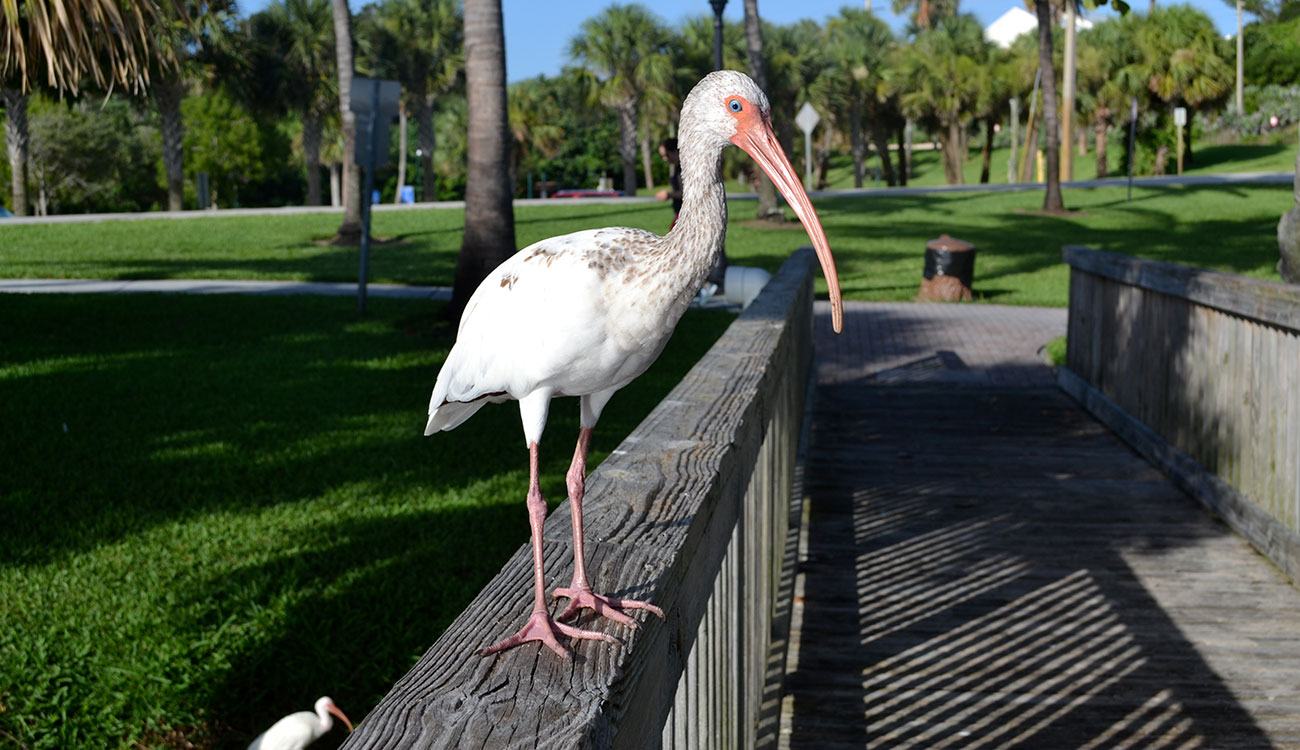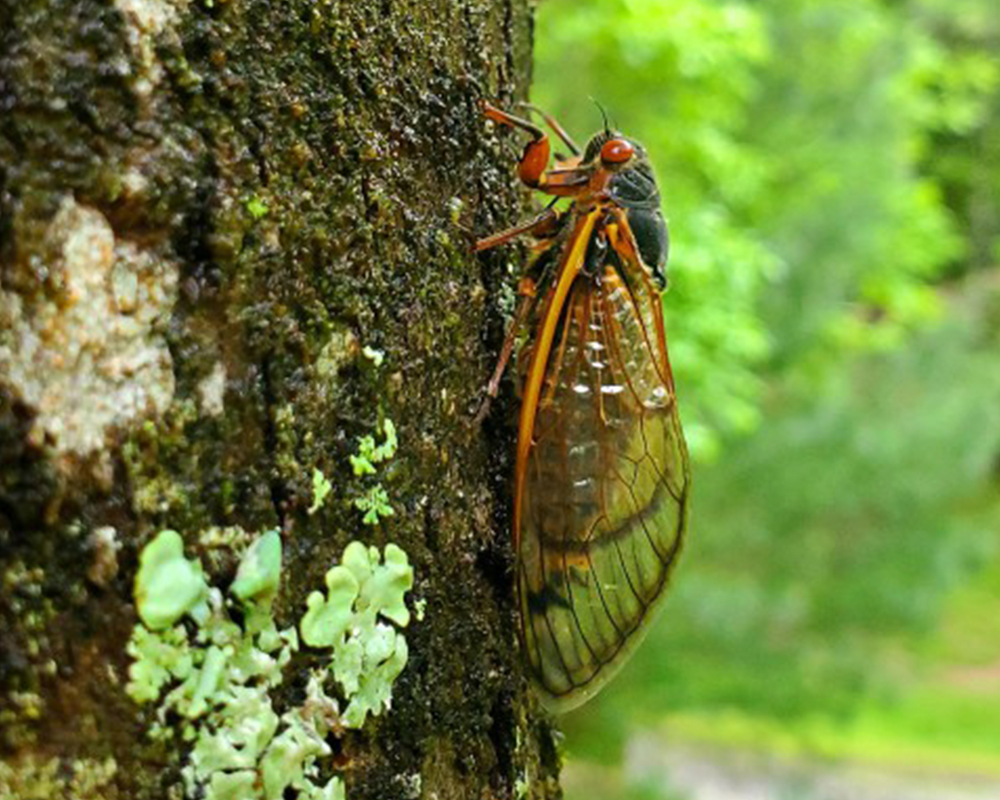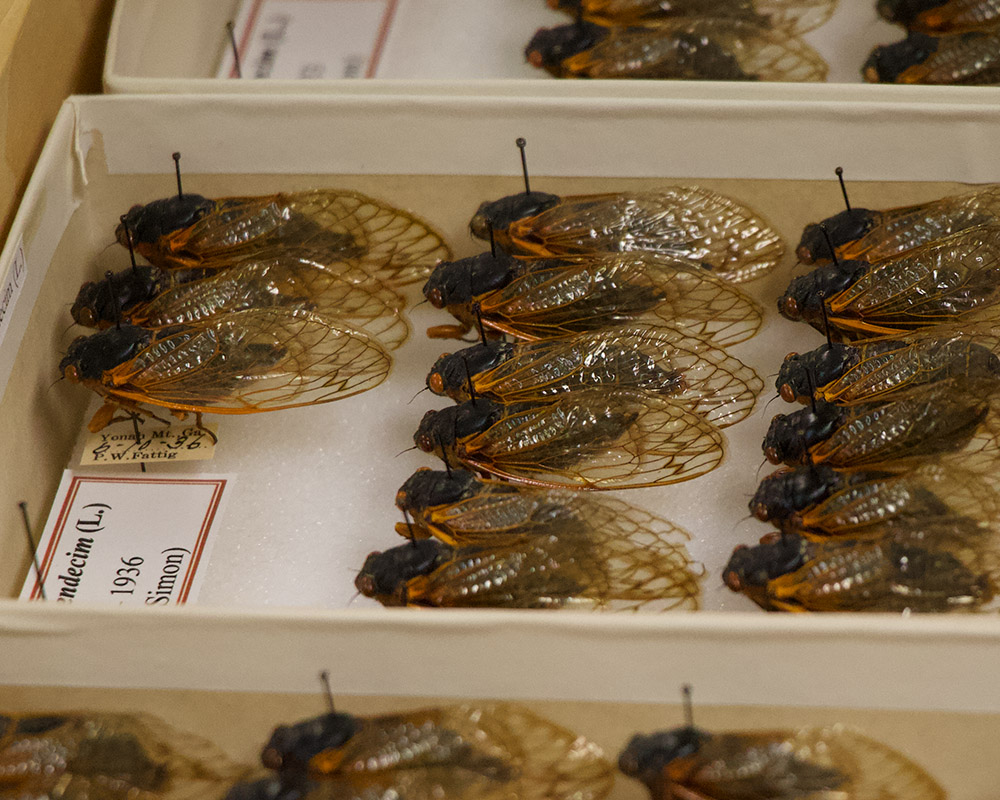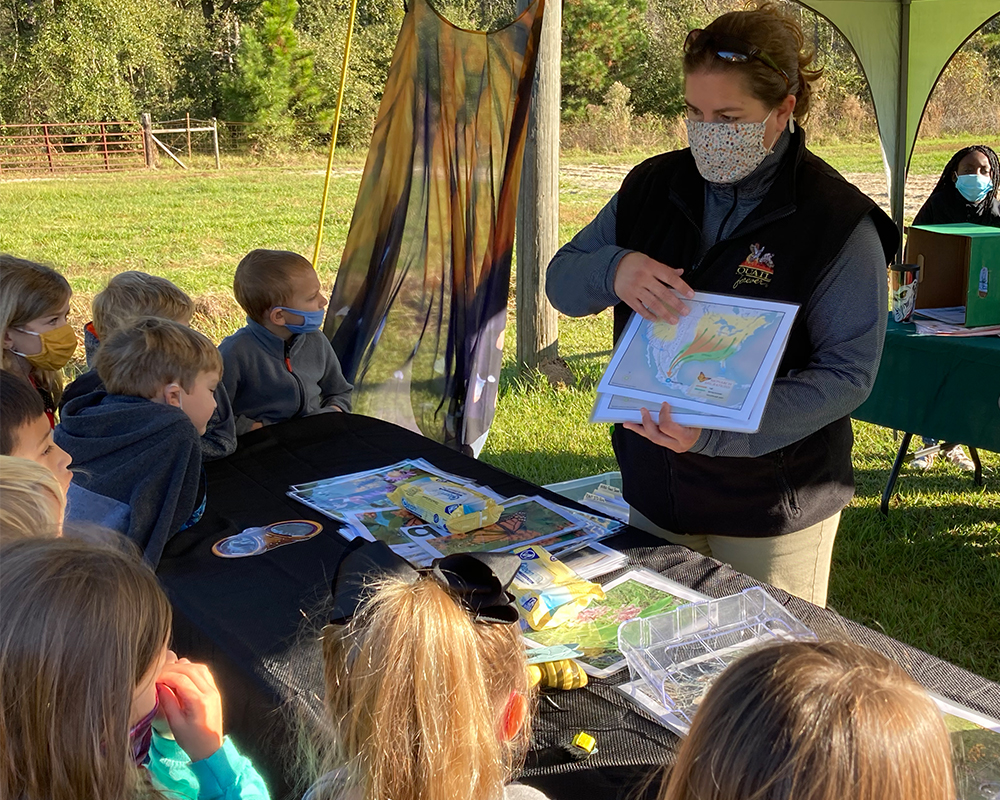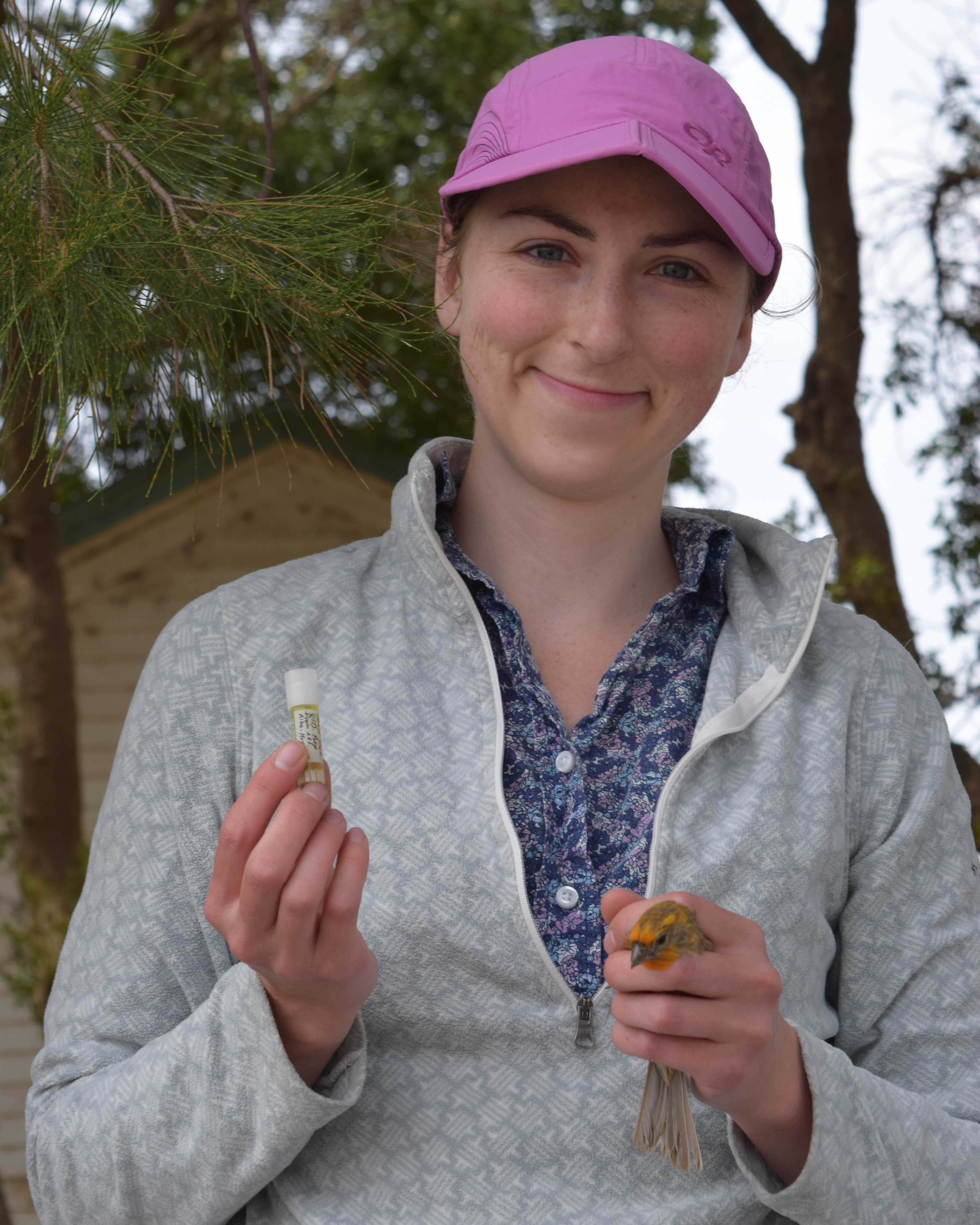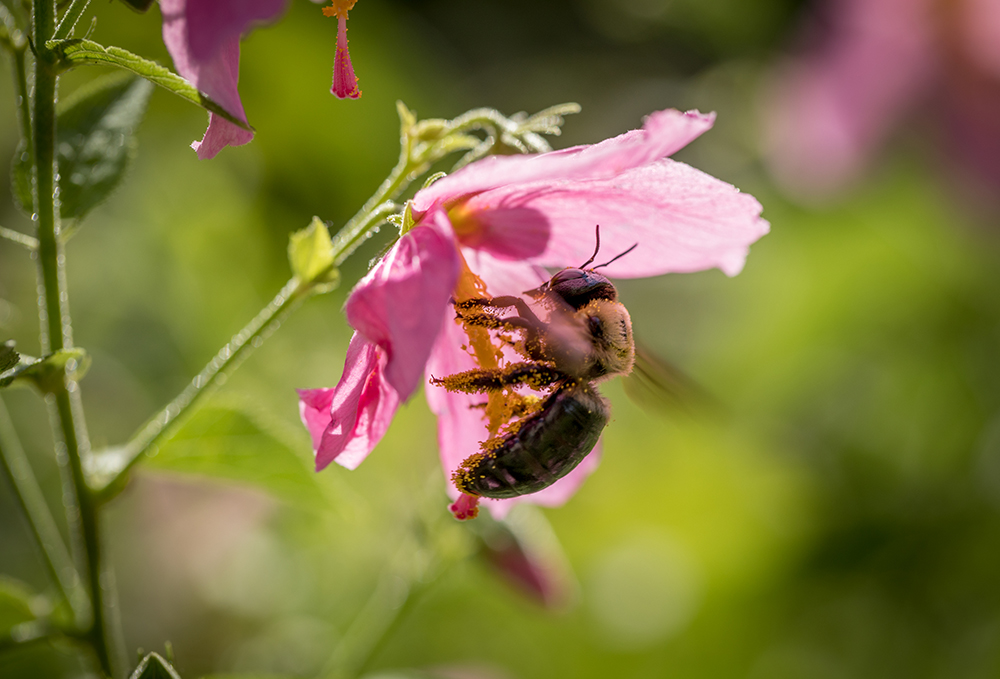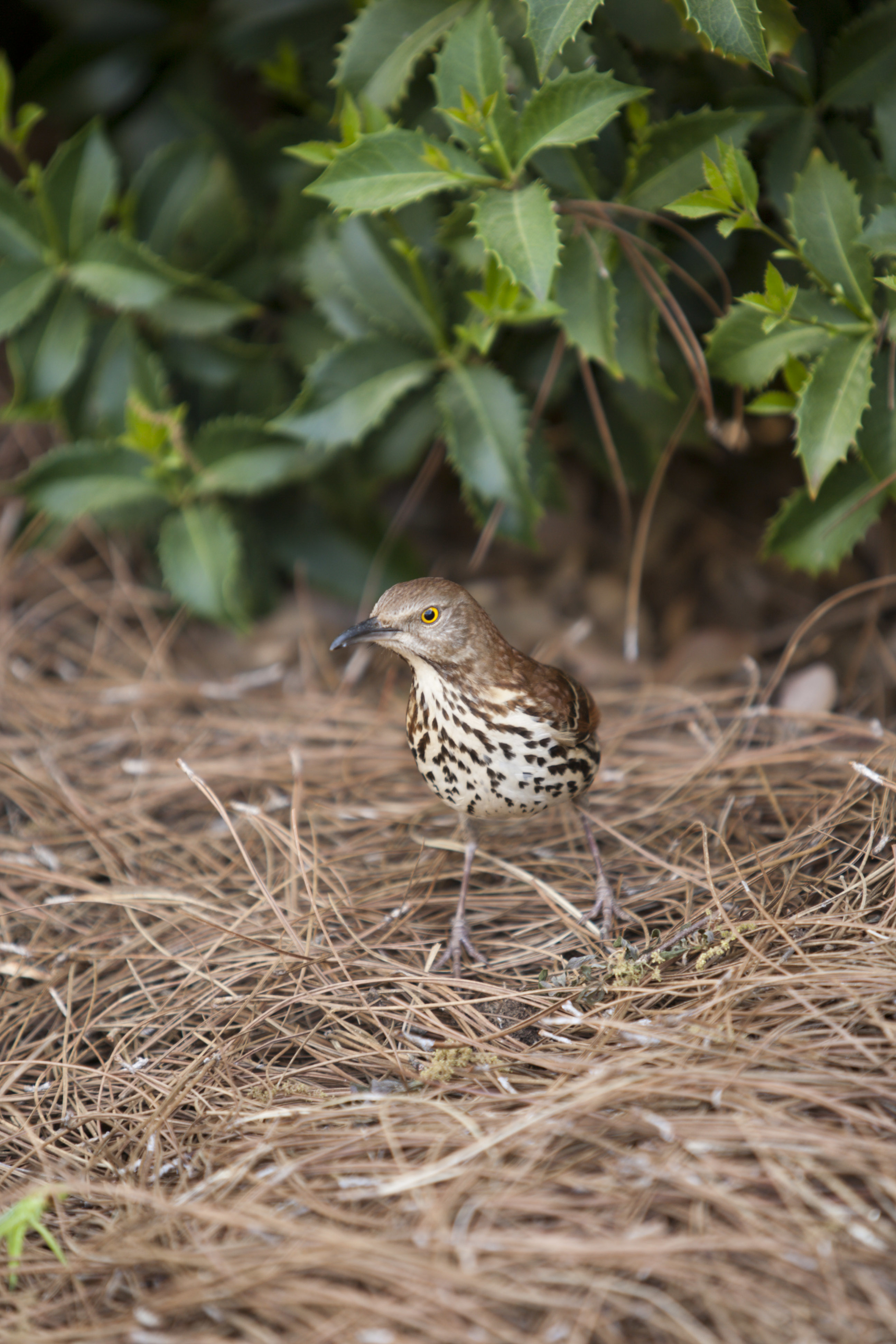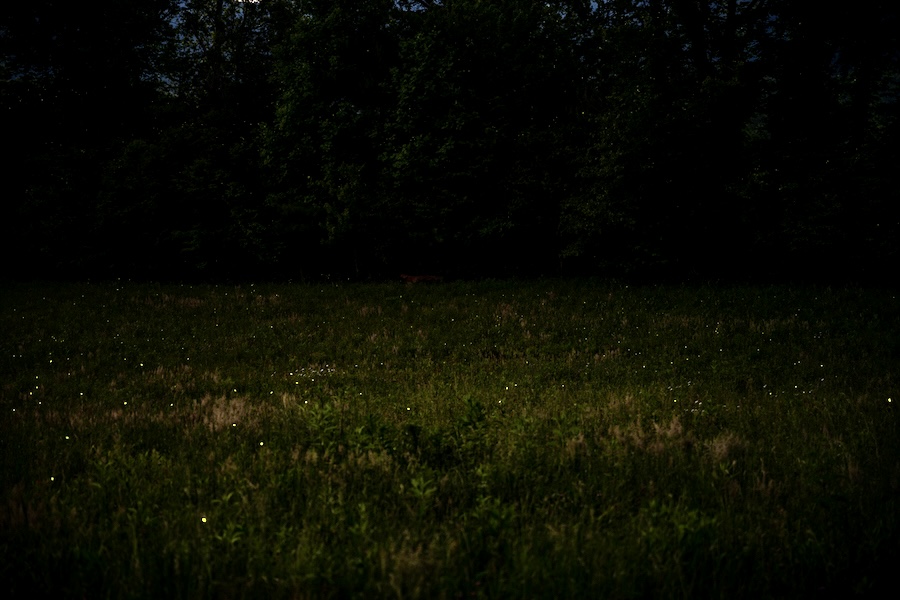 CAES News
CAES News
Firefly Season
Georgia is home to more than 50 species of fireflies — or lightning bugs — more than any other U.S. state. The dancing light patterns we enjoy in our gardens and landscapes are an important, and nostalgic, part of Georgia summer evenings. To protect these insects and ensure that we continue to enjoy them, it is important to understand their lifecycle and habitat needs.


